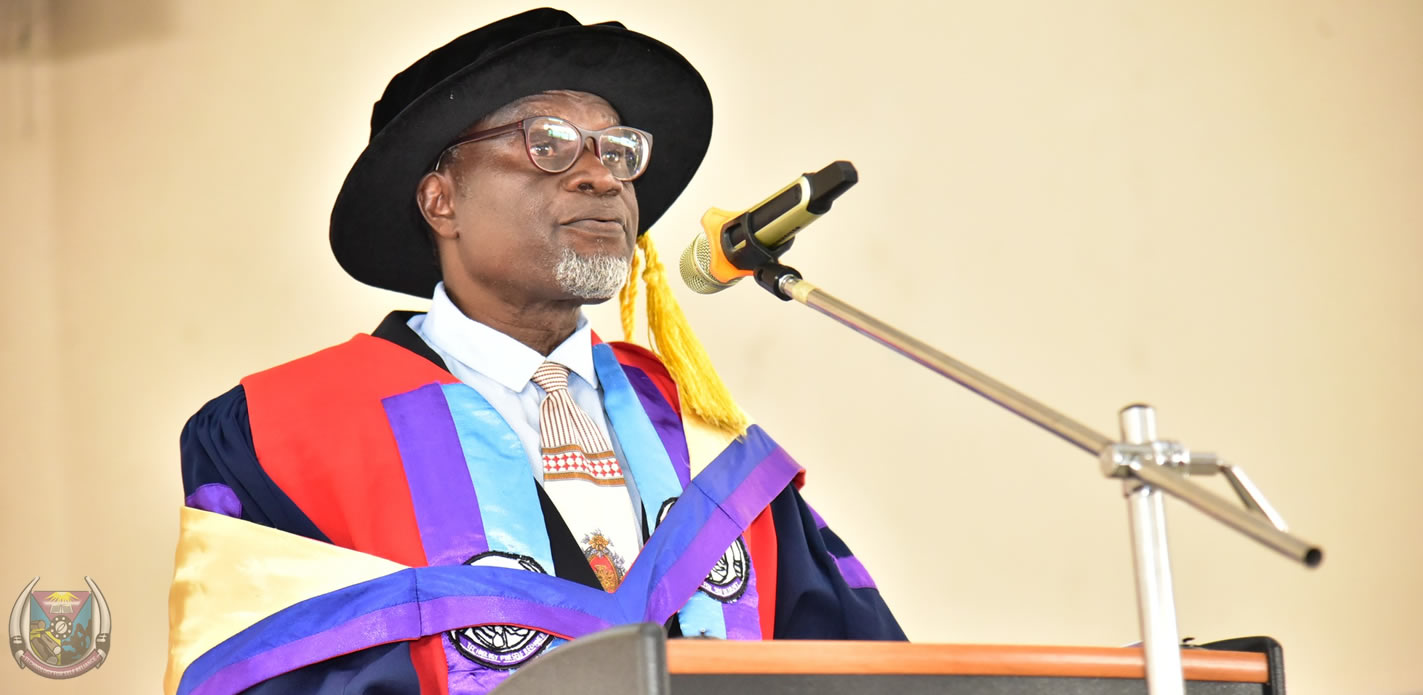A professor of Sedimentology/petroleum Geology has tasked the government to ensure that all stakeholders involved in the exploration of natural resources have fair share of the profits and benefits. He said the regulatory earnings of the Federal Government, the State and the Local Government should be reviewed to include improved earnings by investors and the land owners. This was the submission of Professor Saka Opeloye while delivering the 152nd Inaugural lecture of the Federal University of Technology Akure, FUTA with the title, “Sediment Genesis, Diagenesis and Genetical Relationships in Trailing Buried Treasures”, on April 4th 2023.
Professor Opeloye said the government should provide investment friendly terrain for mineral exploration to address the current friction on the resource controls among all stakeholders. According to him there should be concerted effort by the government to export mineral resources in such a way to boost the value chain of industrial and economic development of the nation. According to him, “There should be no export of our mineral resources without being beneficiated or refined into products that are profitably exportable.” This “will unarguably serve to boost the value chain of industrial development.”
To this end he advocated that records of database of the tonnages and grades of the mineral resources at each of the localities should engage the priorities of the supervising ministries so as to address the proper utilization of the resources and attract investors.
The don disclosed that the geological terrain of Nigeria with almost equal area coverage of the crystalline basement and sedimentary basins endows it with a number of mineral resources spread adequately across the geopolitical zones of the country. He however pointed out that Nigeria has become a mineral country instead of a mining country. Opeloye said the solid mineral wealth of endowed African countries contributes relatively higher Gross Domestic Product to their respective countries while Nigeria is groping with less than 1% contribution to its GDP.
To this end he called on the government to reduce its overdependence on the exploration of only crude oil and to invest on the other vast mineral resources abundant in the country and also ensure equal distribution of the wealth to all affected parties.
As part of contributions to academic discourse he said training programmes in exploitation of mineral resources should start from universities and polytechnics through well planned field trips. These trips will help to build well equipped geoscientists with a through knowledge of rocks. According to him a good geoscientist is that one who has seen most rocks on the field while the successful one, with amazing breakthroughs is that one with cutting-edge equipment for rock analyses.
He urged government to provide funding for geology laboratories with field vehicles, as well as other major and ancillary equipment such as high-power cathodoluminescent microscope, atomic absorption spectroscope, ore microscope, scanning electron microscope, atomic absorption, spectroscope, x-ray fluorescence and x-ray diffractometer. This investment will provide future geoscientists the necessary equipment to further the study of geoscience and mineral exploration in Nigeria.
Professor Opeloye said on the academic front, studies in Sedimentary Geology should be more emphasized in the university curriculum because of its role, beyond exploration in solving global challenges, especially in matters relating to palco-climatology, forensic science and life evolution.
The Vice Chancellor Professor Adenike Oladiji represented by the Deputy Vice Chancellor, Academic, Professor Deji Ogunsemi described Professor Opeloye as a prolific scientist who has contributed significantly to his area of specialization. She commended the don for the cerebral lecture and was optimistic that it would add to the body of intellectual discourse in the study of geology

